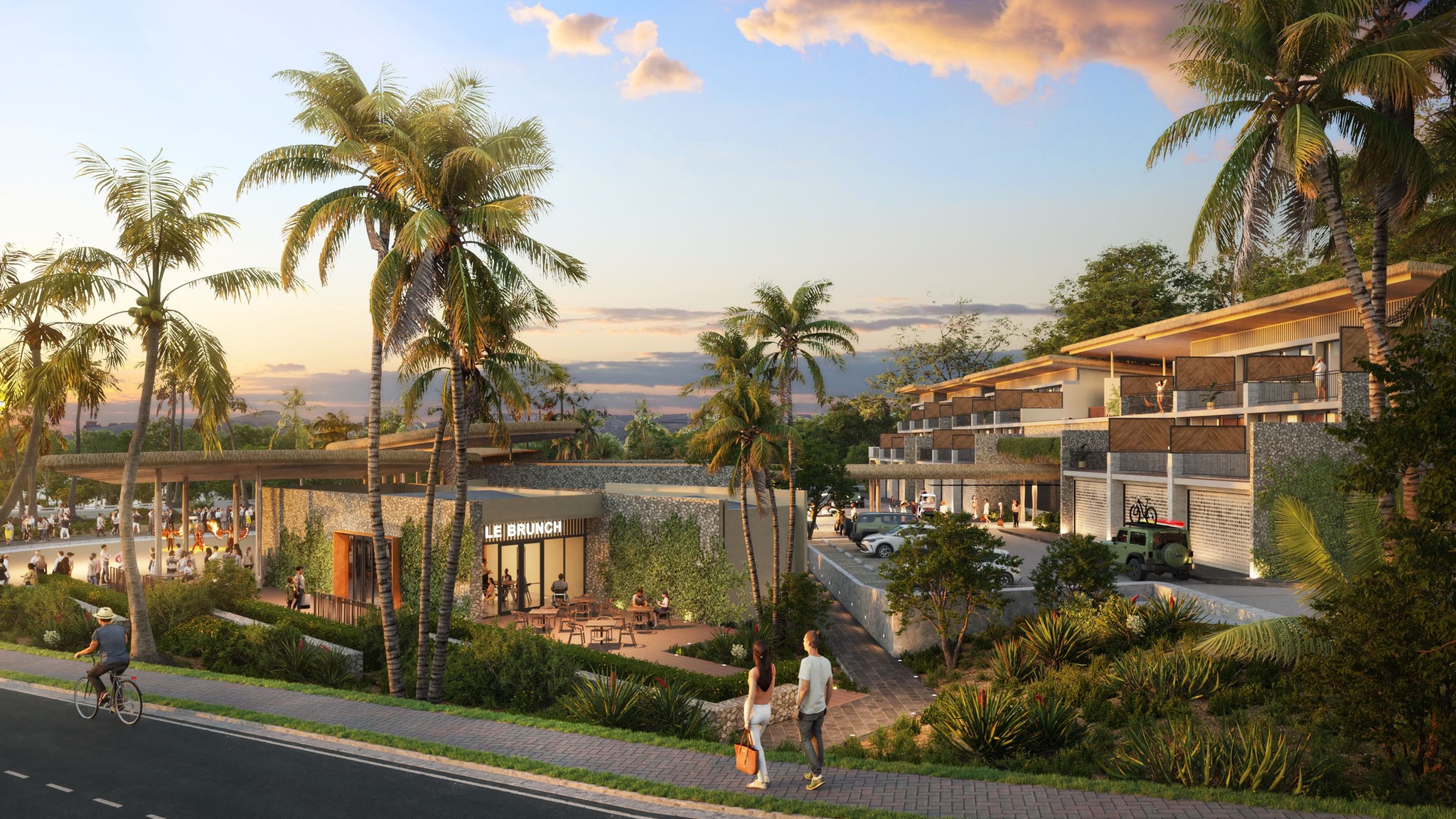On August 2, 2025, Costa Rica’s environmental movement was shaken by an unprecedented case: an environmental activist, known for walking the forests and his social criticism, woke up to find his bank accounts frozen. Juan Bautista Alfaro, “Juamba Caminando,” had publicly denounced logging in Playa Panamá, Guanacaste, where the Bahía Papagayo megaproject is being developed. The response was not dialogue but a preventive asset freeze of up to $40,000 and a criminal lawsuit for corporate defamation.
At the time, public outrage focused on the apparent disproportionality: an ordinary citizen with no significant assets was subjected to a measure that jeopardized his personal and family stability. Commentators pointed to lawsuits that are not aimed at winning in court but at exhausting the other party emotionally and financially, discouraging public participation. These are known as SLAPPs (Strategic Lawsuits Against Public Participation). Today the case has changed in form, but not in substance.
From Likes to Courtrooms
Enjoy Hotels & Resorts S.A., the company behind the Bahía Papagayo megaproject, is a Costa Rican group in the tourism and real estate sector. The company claims to have all necessary environmental permits and argues that Alfaro’s statements contained falsehoods that harmed its reputation, which prompted both the criminal lawsuit and the preventive asset freeze.
Of the four content creators initially sued, two reached settlements: Lily Cabezas and Javier Adelfang acknowledged inaccuracies in their posts, removed videos, and were released from the process. A third, Evangelina González, who lives abroad, deleted her content, and the company is considering withdrawing its case.
The only one still facing the asset freeze and active criminal lawsuit is Juan Bautista Alfaro. Preventive asset freezes in cases of public expression are consolidating as an indirect censorship mechanism. The precautionary measure applied to Juan Bautista not only strips him of access to his income but also sends a warning to the rest of society: be careful about speaking too loudly.
Legal experts agree that such measures have a chilling effect comparable to criminal sanctions. What’s most concerning is that they are applied before any trial has determined whether defamation actually occurred. In other words, punishment comes first, discussion later.
A Permit That Shouldn’t Have Been Granted
Beyond the media noise, the core issue lies within the country’s environmental institutions. The Bahía Papagayo megaproject has been granted environmental viability by SETENA (National Environmental Technical Secretariat), despite the presence of forest cover in the area.
On May 30, 2025, the Constitutional Chamber rejected an appeal against that permit (Resolution No. 2025016284), leaving the authorization in effect. Meanwhile, the Environmental Prosecutor’s Office of Santa Cruz opened an investigation ex officio into alleged illegal logging in the area, requested information from SETENA, and is reviewing a nullity petition filed by a local association.
How can this contradiction be explained? The Forest Law (No. 7575), passed in 1996, was a landmark in reversing decades of deforestation. Article 1 establishes that the conservation, protection, and sustainable use of forests is a duty of the State, while Article 13 affirms that lands with forest cover under public domain form part of the State’s Natural Heritage.
In theory, this legislation turned Costa Rica into a global example: deforestation was halted, and forest cover was restored to over 60%. But in practice, cases like Bahía Papagayo show that its application can be lax when tourism megaprojects are at stake.
Thus, SETENA continues granting express permits without thorough inspections and with resolutions that seem to overlook the existence of forest cover. And it does so while an activist is punished for pointing out what the institutions themselves should have prevented.
A Green Country in Photos, but Not in the Mirror
Costa Rica has been recognized for restoring its forest cover and for its clean energy matrix. However, cases like Playa Panamá reveal the gap between the country’s green narrative and its institutional reality.
Progressive laws and international treaties are not enough. If SETENA continues granting permits without rigorous controls, if the Constitutional Chamber rejects appeals without addressing the socio-environmental dimension, and if courts allow asset freezes that silence voices, the official discourse loses legitimacy.
The mirror shows us a country where megaprojects advance without thorough inspections, forests retreat, and those who defend them are taken to court. The case of Juan Bautista is not an isolated episode or a personal dispute with a company. It is a symptom of how the tourism development model in Guanacaste—based on luxury megaprojects—clashes with the protection of common goods.
It is also a reminder of what is at stake: every person’s right to participate in environmental decision-making, to challenge permits, and to point out risks without fear of retaliation or financial ruin. Forests are common goods, the heritage of all, and our laws recognize them as such. Defending a forest in our country should not cost a family their economic stability.

